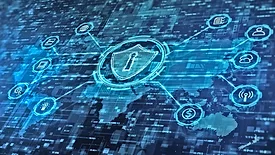Home » Keywords: » Olympics Security
Items Tagged with 'Olympics Security'
ARTICLES
Cybersecurity at the Paris Summer Olympics
Listen to Mark Manglicmot, SVP of Security Services at Arctic Wolf, in this podcast episode.
July 17, 2024
Sign-up to receive top management & result-driven techniques in the industry.
Join over 20,000+ industry leaders who receive our premium content.
SIGN UP TODAY!Copyright ©2026. All Rights Reserved BNP Media.
Design, CMS, Hosting & Web Development :: ePublishing













